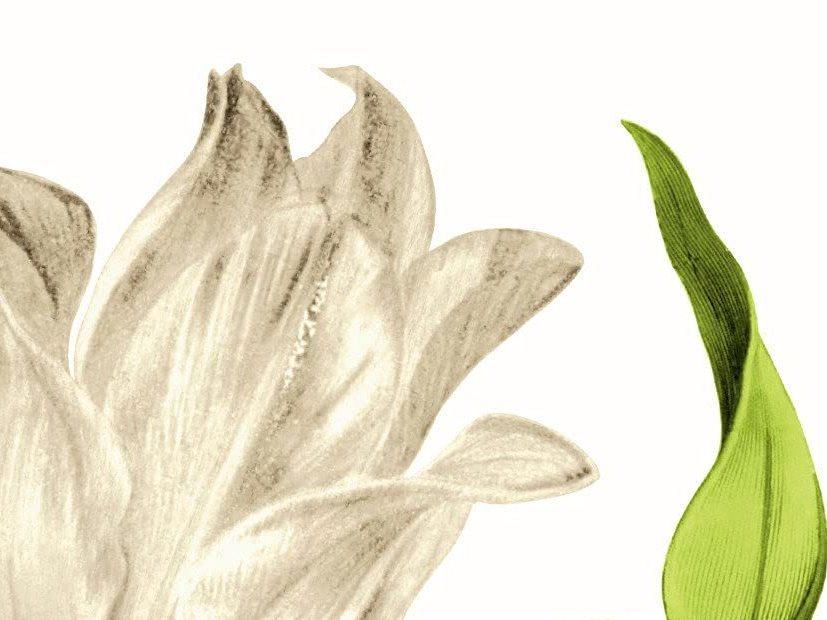Section Branding
Header Content
Lucy Barton returns — and reconnects with an old love — in 'Oh William!'
Primary Content
Elizabeth Strout's latest, her eighth book, had me at the first line: "I would like to say a few things about my first husband, William." The forthright, plainspoken speaker is Lucy Barton, who we came to love in My Name is Lucy Barton (2016) and Anything is Possible (2017), where we learned how she overcame a traumatic, impoverished childhood in Amgash, Illinois, to become a successful writer living in New York City.
In Oh William! Lucy, now 64, is mourning the death of her beloved second husband, a cellist named David Abramson. She finds some welcome distraction in revisiting her relationship with her first husband, William Gerhardt, the philandering father of her two grown daughters. She'd left William, a parasitologist who has never let the women in his life get too close, after nearly 20 years of marriage. But against all odds they have remained friendly. Seven years her senior, he is also experiencing unhappy changes in his life (which I'll leave for the reader to discover), and calls on Lucy to help navigate them.
She tells us that in her grief for David "I have felt grief for William as well. Grief is such a — oh, such a solitary thing; this is the terror of it, I think. It is like sliding down the outside of a really long glass building while nobody sees you."
In this period when their loneliness and vulnerabilities coincide, Lucy agrees to accompany William on a trip to Maine. His mother, Catherine Cole, was born there — though she never returned after leaving her first husband. (She met her second husband, William's father, one of hundreds of German POWs from Hitler's army sent to do farmwork in Maine after the war, when he was working on her first husband's potato farm.) Lucy says she loved her late mother-in-law, who recognized the limitations of her upbringing and took her under her wing — even though Catherine told friends, "This is Lucy, Lucy comes from nothing." It's one of many memories that takes on a new cast in light of what William and Lucy learn about Catherine on their road trip.
Like My Name is Lucy Barton, Oh William! is a novel-cum-fictional memoir, a form that beautifully showcases this character's tremendous heart and limpid voice. "Because I am a novelist," Lucy explains in Oh William!, "I have to write this almost like a novel, but it is true — as true as I can make it." Lucy's determination to tell her personal story honestly and without embellishment evokes Hemingway, but also highlights fiction's special access to emotional truths.
A memoir, fictional or otherwise, is only as interesting as its central character, and Lucy Barton could easily hold our attention through many more books. What Strout is trying to get at here — how the past is never truly past, the lasting effects of trauma, and the importance of trying to understand other people despite their essential mystery and unknowability — is neither as straightforward nor as simple as at first appears. Oh William! explores William and Lucy's relationship, past and present, with impressive nuance and subtlety — including their early attraction, their missteps, their deep, abiding memories and ties, and their lingering susceptibility, vulnerability, and dependence on each other.
You needn't have read Strout's previous books about Lucy Barton to appreciate this one — though, chances are, you'll want to. (Anything is Possible, like her Olive Kitteridge novels, is made up of linked stories.) Brief recaps of Lucy's history are deftly woven into Oh William!, which Lucy always precedes by saying she's written about the subject in more depth elsewhere. Of her grim childhood home, she comments, "I have written about some of the things that happened in that house, and I don't care really to write any more about it. But we were really terribly poor. So I will just say this: When I was seventeen years old I won a full scholarship to that college right outside of Chicago [where she met William, her science instructor] ... [and] my life changed. Oh, it changed!"
About those Ohs: It's amazing how much meaning and character can be packed into two letters that add up to an exhalation and an exclamation. The long-divorced couple's trip through Maine provides rich fodder for Lucy's head-shaking titular sighs, which convey a mixture of exasperation and fond affection for her ex-husband's foibles — from his too-short khakis to his misguided hope that by visiting a forsaken small town he'll be able to garner some goodwill from a woman who was once crowned its Miss Potato Blossom Queen.
Strout convincingly captures the fluctuating feelings that even the people closest to us can provoke, and the not-always amiable exes' recognition that "all that crap" in their past is "part of the fabric of who we are." At one point, Lucy declares about William, "At times in our marriage I loathed him. I saw, with a kind of dull disc of dread in my chest, that with his pleasant distance, his mild expressions, he was unavailable." Yet not long after, she avers that for the longest time, even after they had both moved on to other spouses, he was the one person who made her feel safe.
Being privy to the innermost thoughts of Lucy Barton — and, more to the point, deep inside a book by Strout — makes readers feel safe. We know we're in good hands.
Copyright 2021 NPR. To see more, visit https://www.npr.org.
Bottom Content




